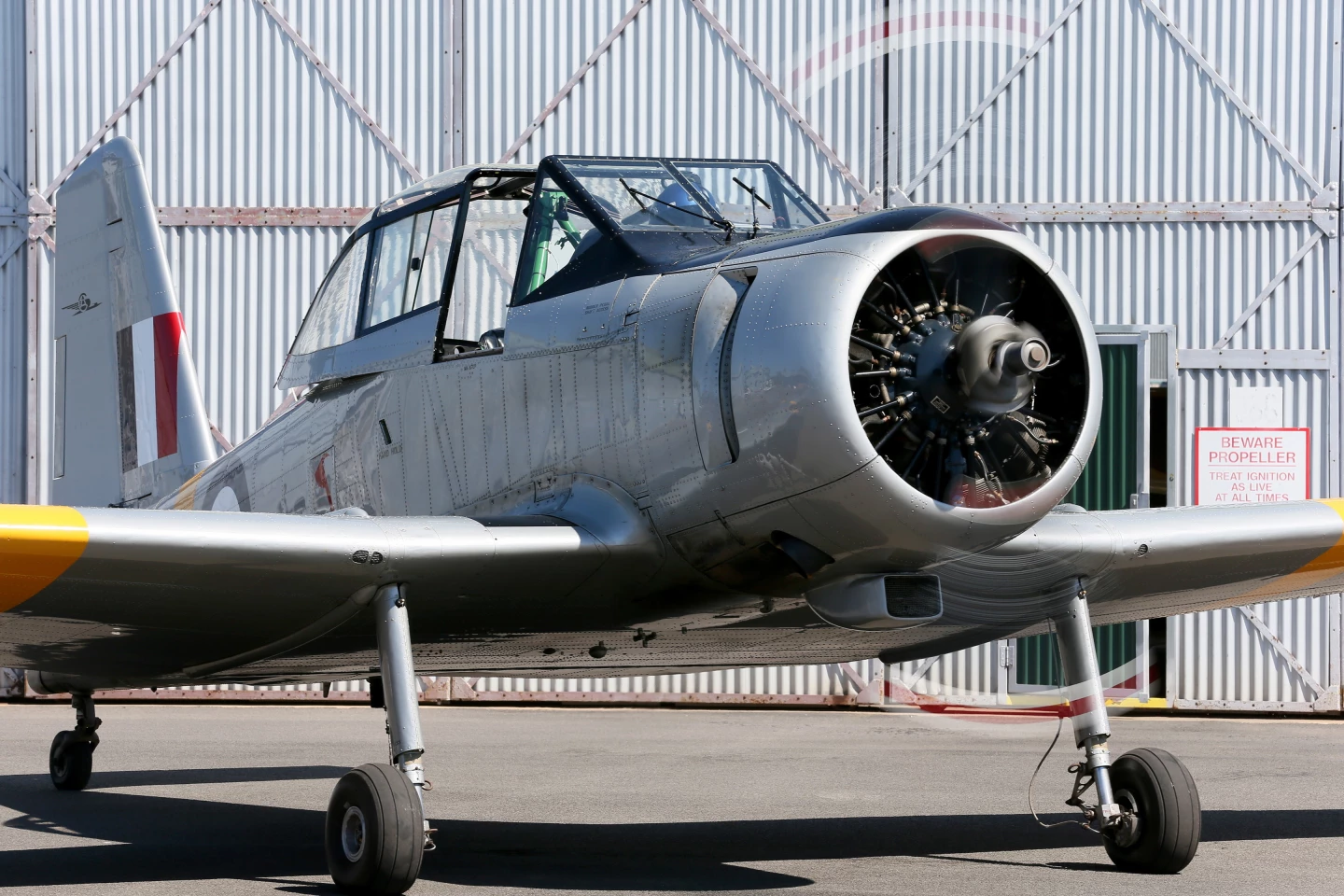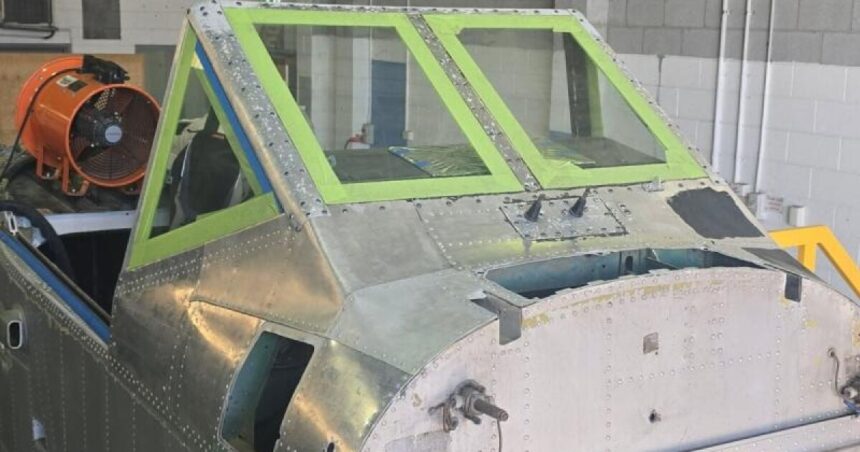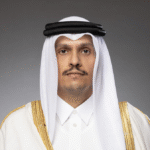Literally shining a new light on aircraft maintenance, the Royal Australian Air Force (RAAF) is using a new laser tool to remove paint, grime, and corrosion from vintage airplanes in days instead of months and with much less hazard to health.
Paint and aircraft are one of technology’s least attractive combinations. Paint may be necessary to protect that delicate alloy skin of an airframe from the elements as well as displaying the operator’s livery, but it is a very unwelcome necessity. Paint adds weight, it’s toxic, it’s difficult to apply, and even more difficult to remove.
It’s the removal that’s the worst part because it’s not only a very long, unpleasant job, it also involves being exposed to a lot of nasty carcinogenic substances. Depending on the type of aircraft and paint, the process includes chemical stripping or various forms of mechanical abrasion. This can take months, involves a lot of fiddly work to get the paint and grime out of small nooks and crannies, and can damage the underlying metal surface.

RAAF
It’s nasty and particularly unpleasant for the RAAF’s History and Heritage – Air Force (HH-AF) Restorations Support Section that works on restoring vintage aircraft and relies heavily on volunteers in their 70s and 80s.
Developed by a commercial partnership, the new laser system is being tested by the HH-AF on a 74-year-old Winjeel – an Australian-designed and manufactured three-seat training aircraft that served with the RAAF beginning in 1955. Instead of a crew of 10 spending months sanding and grinding around rivets, the laser burned off the paint and debris in only days, with a HEPA filter sucking up hazardous dust.
The result was not only a faster clean, but a more efficient one that left the underlying metal undamaged and in factory condition with long-obscured original equipment manufacturer’s serial and part numbers being revealed.
“Using the laser resurfacer turned what would have been a week’s-plus work disrupting flying schedules into a two-hour job that reduced the safety hazard to zero,” said Warrant Officer Paul Wendt.
Source: RAAF









